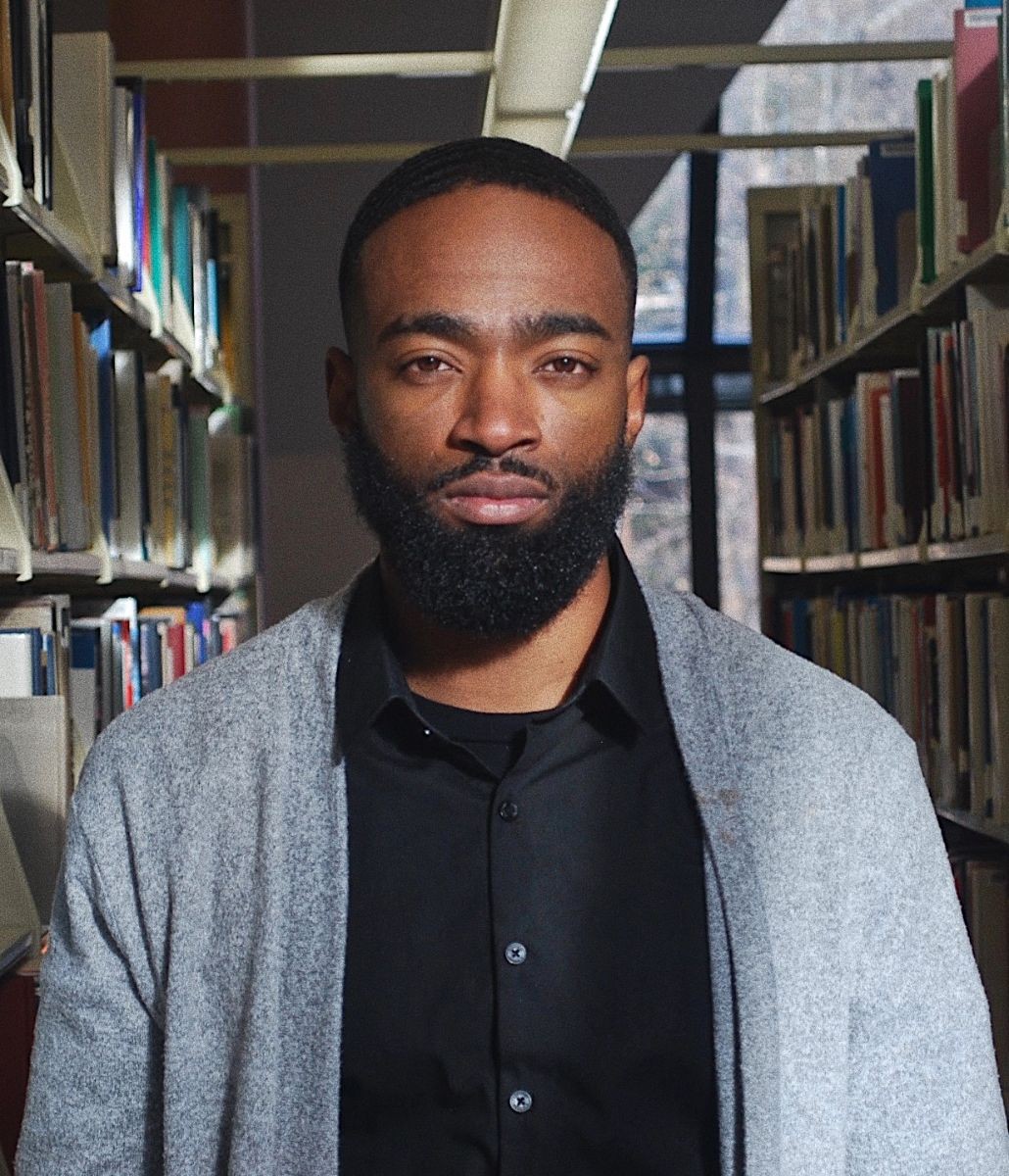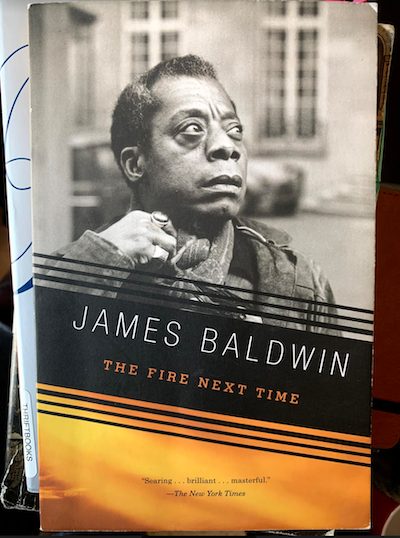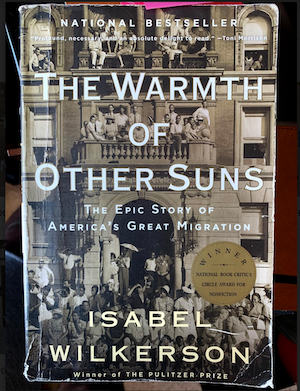Black Lives Matter
July 1, 2020
Professor shares his perspective, book recommendations on social justice movement
The first in a series of Q&As with CSUMB faculty about Black Lives Matter and the racial justice movement occurring in our country and around the world.

Daniel B. Summerhill
Daniel B. Summerhill, an assistant professor in the School of Humanities & Communication, teaches poetry, social action, and composition studies. He is the author of “Divine, Divine, Divine,” a book of poetry to be published in Spring 2021 by Nomadic Press of Oakland, California, and a semifinalist for the Charles B. Wheeler Poetry Prize. Summerhill received the Sharon Olds Fellowship for Poetry and was nominated for “30 Under 30” by the online encyclopedia, Everipedia. His poems have been published widely, including in these literary journals and platforms: Obsidian, Califragle, Button, Blavity, the Hellebore, Black Joy Anthology, and Gumbo.
What does the CSUMB community need to understand about Black Lives Matter?
The CSUMB community, like the larger world, needs to understand that Black Lives Mattering is the bare minimum we're asking for. “Matter” means we are able to exist, to breathe, to walk, to sleep. That is the bare minimum. If the United States wants to truly heal, it must confront and reckon with its egregious past and present. As novelist James Baldwin says, “One cannot escape anything one has done. One has got to pay for it. You either pay for it willingly or pay for it unwillingly.”

My hope is that “mattering” does not reduce the movement to performative gestures and will foster real and radical change. CSUMB being an academic institution is no different. Many of the long-standing systems of racism and white supremacy are embedded in the academic atmosphere and must be reckoned with. Until they are, Black students, staff and faculty will never be able to truly exist in equilibrium at CSUMB or anywhere else.
What sparked your interest in ethnic studies and social justice?
I have many stories of being wronged, being treated unfairly and even harmed based on the color of my skin; however, I don't feel personal narrative is needed for one to seek to be on the right side of history or to want to fight for social justice.
I think ethnic studies is one tool that can be used within the context of academia to help quell social injustice and educate students on ethnic diversity and discourse beyond the Eurocentric-dominated world of higher education. I am mostly interested in ethnic studies so that I may help disseminate the stories and history of more than one group of people, to help elevate the language, culture and relevance of the people that make up the United States of America and beyond.
Which book(s) do you recommend to those who seek to learn and understand?
There are many books I recommend for the current climate and beyond, but to name a couple:
“The Fire Next Time” by James Baldwin: A collection of two essays in which Baldwin, deposition style, describes the ongoing and historic nature of racial injustice.

“The Warmth of Other Suns” by Isabel Wilkerson: This book chronicles The Great Migration and all of the tragedy, triumph and in-depth detail of the Black exodus to places in the northern United States and west coast. Wilkerson weaves between narrative and research to deliver a vivid and compelling read.
Bonus: “The New Jim Crow” by Michelle Alexander and anything by Toni Morrison
How can individuals in the Otter community help ensure inclusive excellence?
Outside of monetary donations to organizations fighting for racial justice, the most important and easiest step that all individuals, including those in the Otter community, can do is: have conversations with your friends and family, especially the racist ones! It is not an act of allyship or support unless you confront the folks that are closest and dearest to you. It is not an act of support unless you challenge the racist ideologies and the people who perpetuate them. Racism will live comfortably if it has a home. Individuals must wreck all homes of racism. That will naturally foster inclusive excellence.
Read the second Q&A in the series.